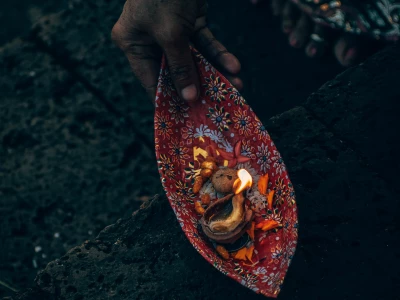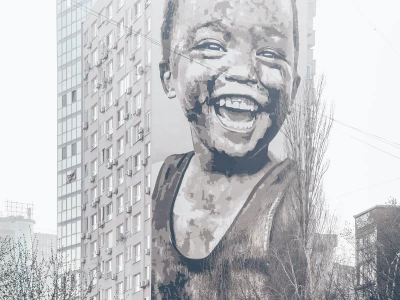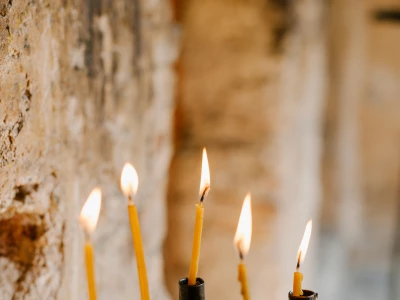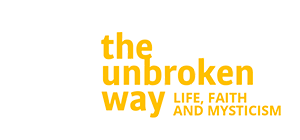Share this article
The Watchmaker's Daughter
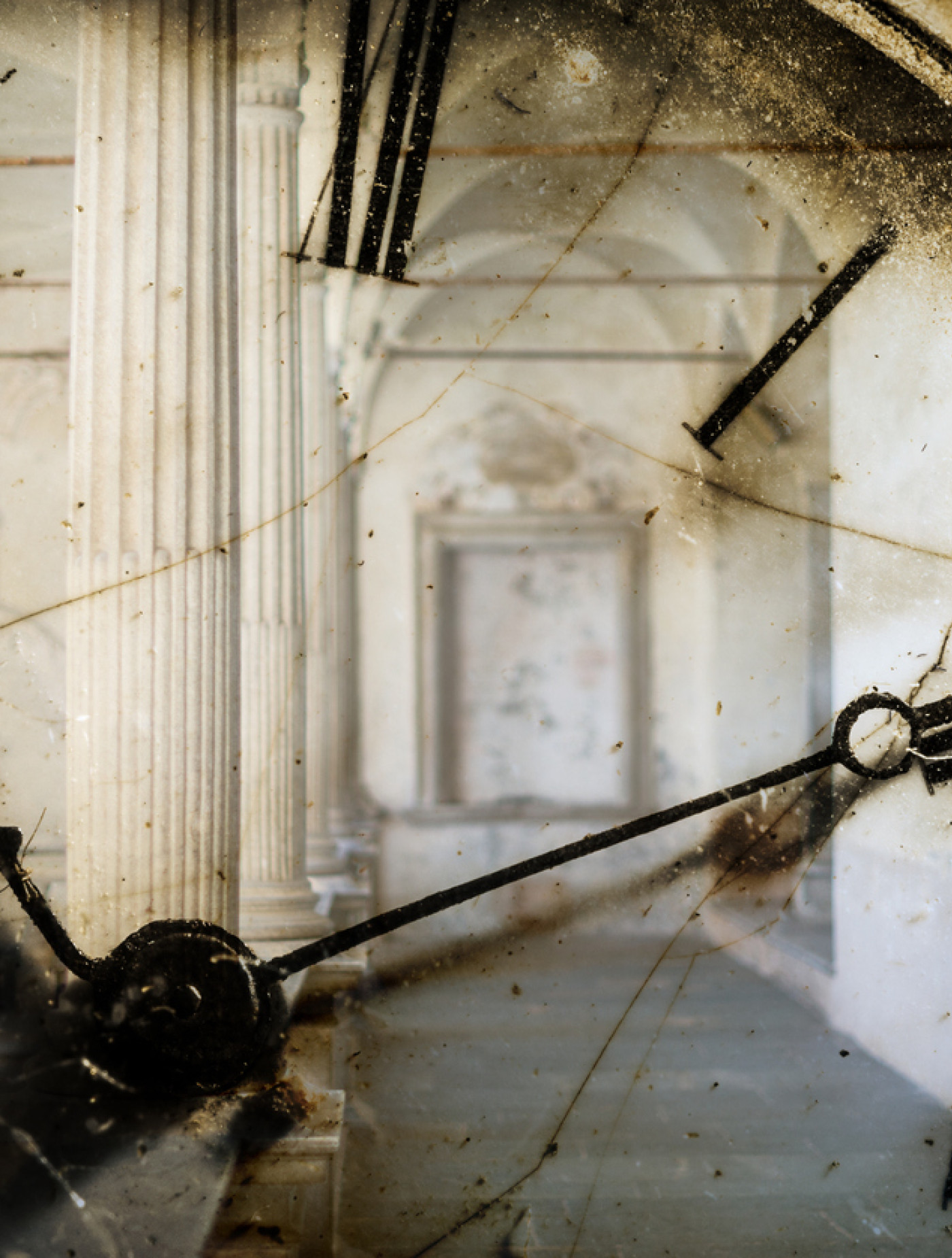
Even the darkest of times can be the perfect preparation for a greater purpose
—The incredible but true story of Corrie ten Boom
Most people have never heard anything about her. However, the story of Corrie ten Boom deserves to be known not only because she played an outstanding role in saving 800 Jews and others from the gas chambers but because she teaches us through her remarkable life that everything that happens to us, particularly the tough times, can be a training ground to discover a greater purpose.
During the Nazi occupation of the Netherlands, Corrie and her sister, Betsie, lived with their father, Casper, a widower, above his watch shop in the city of Haarleem. Corrie nicknamed their home ‘the Beje’ (the Dutch word for exceptionally tall and narrow houses). Casper was considered the finest watchmaker in all of Holland. Corrie had apprenticed with him, becoming the first licensed female watchmaker in the country.
Once the Second World War had begun, many extended ten Boom family members became involved in resistance efforts. They built a secret room in the Beje that was used over time to shelter mainly Jews and other refugees. In fact, they never sent anyone away, feeding them when food was already scarce. The secret room inspired, in part, the name of Corrie’s autobiography, The Hiding Place. She also chose the name because of a Bible verse that sustained her: ‘You are my hiding place; you protect me from trouble. You surround me with songs of victory (Psalm 32:7).
Six people were in the secret room when the Gestapo (German secret state police) raided the house in February 1944. Those in hiding remained undiscovered, and several days after the raid, the local Dutch resistance transferred them to other locations. In the meantime, however, the Gestapo had arrested Corrie, her father, brother and two sisters, as well as other family members. After holding them briefly in Scheveningen’s penitentiary, all ten Boom family members, except Corrie, Betsie, and Casper, were released.
Casper died ten days later. A deeply religious and saintly man, he was an exceptionally devoted reader of the Old Testament. He believed the Jews were the chosen people and told his children: ‘In this household, God’s people are always welcome.’ His noble example greatly affected them, showing the incomparable influence a parent can have.
His last recorded words reveal something of the man’s indomitable spirit: the Gestapo offered to release him because of his age (he was 84 years old). Casper said:‘If I go home today, tomorrow I will open my door to anyone who knocks for help.'
Before his arrest, he had been advised by a pastor that helping Jewish people could cost him his life. He replied, ‘I would consider that the greatest honour that could come to my family.’
Ravensbrück concentration camp
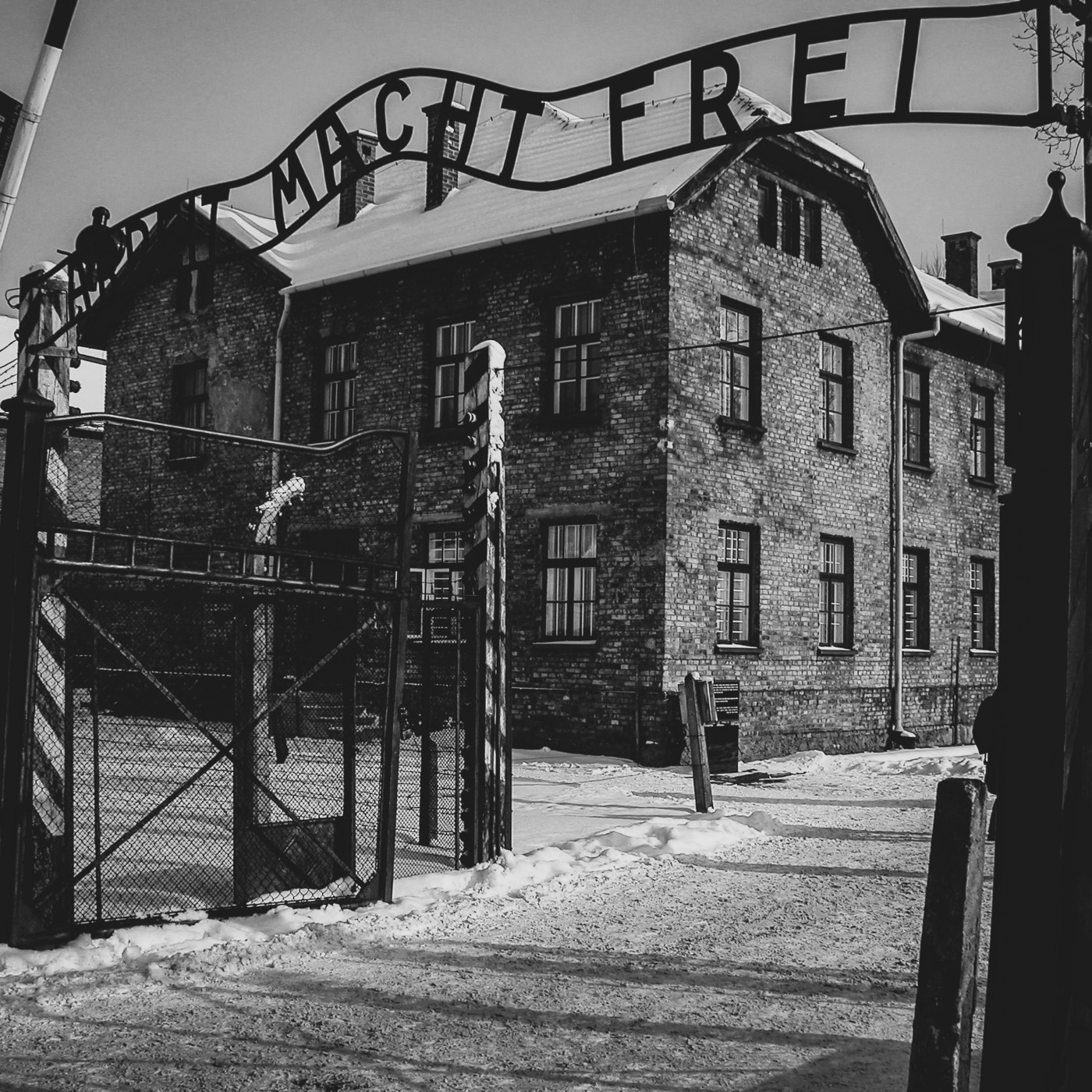
'There is no pit so deep that He is not deeper still'
—Betsie ten Boom
In September 1944, the Nazis deported Corrie and Betsie to the Ravensbrück concentration camp in Germany. The sisters, especially Betsie, showed immense courage and patience in inhuman, hellish conditions.
Throughout her memoir. Corrie’s love and total admiration for Betsie shines through. She writes of her sister’s saint-like facility for forgiveness, even for the cruel prison guards. ‘Corrie, if people can be taught to hate, they can be taught to love!’ she said at a time when Corrie tells us: ‘The suffering was unimaginable.’
Wherever she was – at hard work, in line for soup or a sleeping barracks infested with fleas, Betsie always spoke of one thing – the nearness of the Lord and about His providence in our lives.
Inspired by Betsie’s awe-inspiring faith and goodness, Corrie found the strength to help her sister lift other prisoners from despair. Together with their example of unfailing charity, optimism and prayer, many prisoners there converted to Christianity.
'There are no ifs'
The more I learned about Betsie, the more I came to believe that she was a modern-day mystic. Although she was a devout reader of the bible (the sisters had even smuggled a bible into their barracks), I sense that her mystical knowings were not just from her reading but came from deep within her soul. When Corrie had narrowly escaped serious injury or even death from shrapnel after a bomb that had exploded close to the Beje, Betsie said to her: There are no ‘if’s’ in God’s world. And no places that are safer than other places. The centre of his will is our only safety. Oh, Corrie, let us pray that we may always know it'. And now that they were both in a concentration camp, witnessing unspeakable horrors, they never reneged on this belief or lost sight of God’s love for them, their fellow prisoners, and even their cruel supervisors: ‘I know that the experiences of our lives when we let God use them, become the mysterious and perfect preparation for the work He will give us to do’— Corrie herself tells in The Hiding Place. This idea plays out in several ways throughout the story, including her chapter on visions. Here, Corrie explains God’s guidance in terms of how the Divine Will is worked out through the circumstances in people’s lives, such that their past becomes a preparation for their future.
Corrie’s Mission
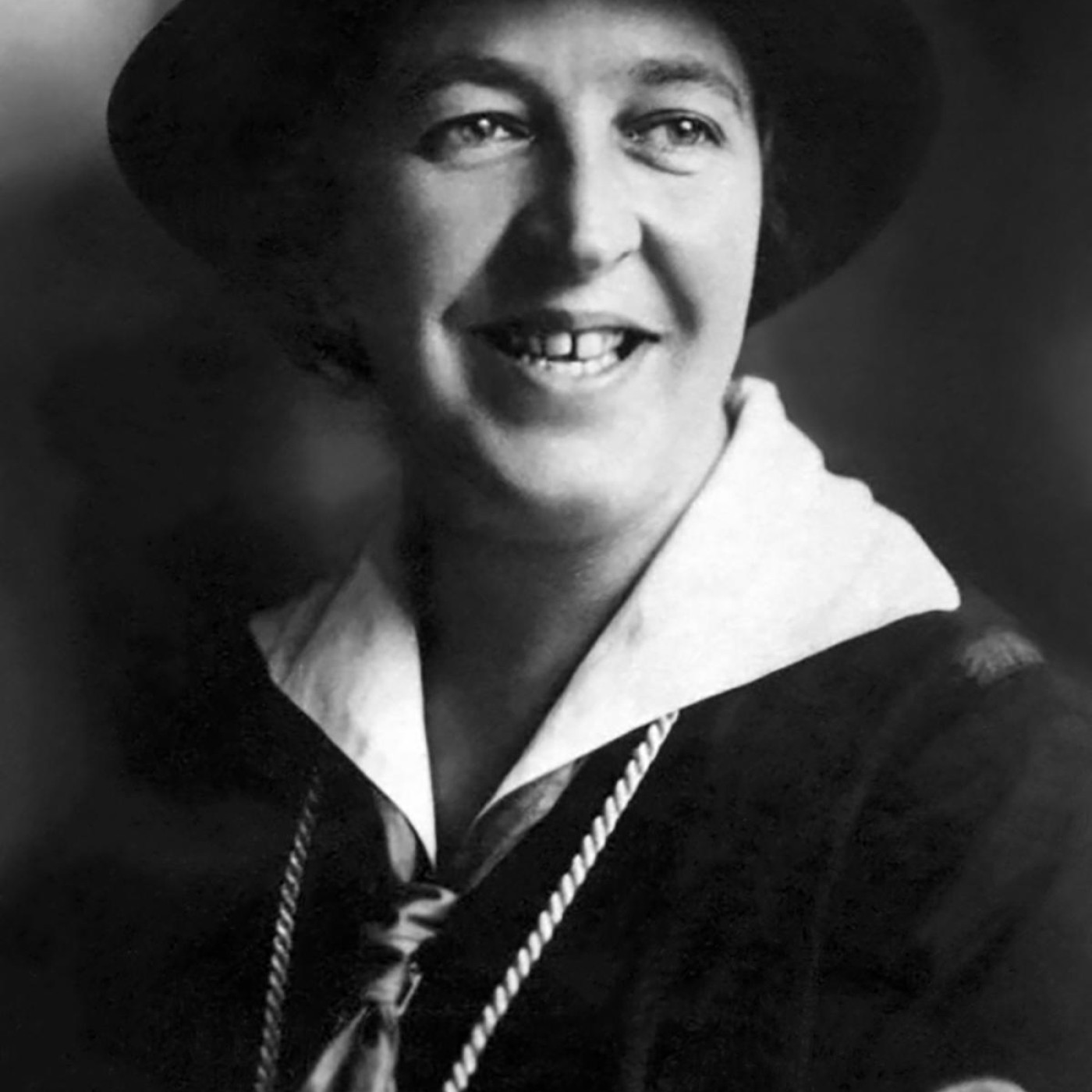
‘You may never know that Jesus is all you need until Jesus is all you have.’
—Corrie ten Boom
Of the overwhelming nightmarish suffering she observed in Ravensbruck, Corrie wrote: ‘From there [the punishment barracks], all day long and often into the night, came the sounds of hell itself.’ With the horrendous conditions and cruel treatment by guards, Betsie’s already poor health continued to deteriorate, and she died on 16 December 1944 at the age of 59.
‘The Beauty of Betsie’s face sustained me over the next few days’, Corrie said and then told of her sister’s last words before she died: ‘You must tell people what we have learned here. We must tell them that there is no pit so deep that God is not deeper still. They will listen to us Corrie, because we have been here.'
Twelve days later, Corrie was released. Afterwards, she discovered that her release was because of a clerical error and that a week later, all the women in her age group (she was in her early 50s) were sent to the gas chambers. Corrie returned home amid the hunger winter. She still opened her doors to people, including those with disabilities who were in hiding for fear of execution.
After the war, she devoted the last 40 years of her life to a one-woman ministry. She travelled to sixty countries, talking about her experiences and encouraging people to triumph over despair through faith and forgiveness,
She even met one of the guards who had whipped Betsie in the camp. He heard her speak God’s love and forgiveness, and after the meeting, he approached Corrie and extended his hand. She recognized him and immediately struggled with her hatred for what he had done to Betsie. But, just as Betsie had encouraged her to do, somehow, she could take his hand in hers and offer him the forgiveness he sought.
What Corrie and Betsie Ten Boom Taught Me
Imagine if we lived fully knowing that whatever happened to us was meant to be and that all experiences are a training ground for this life and a mysterious albeit glorious future. It’s hard to accept at the time, especially during the bad times, but this belief has helped change my outlook and given me more peace and contentment. I only began to understand it emotionally and spiritually after I received a particular grace a couple of years ago:
Walking beside the River Dodder, only a stone’s throw from my home, I stopped to look into the swirling water. Suddenly an unearthly but gentle sensation came over me. It’s hard to explain, but I received an interior locution which told me that my life circumstances, including where I was born, the parents I was given, and all that happened to me after that, was meant to be.
I had sometimes entertained thoughts and the ‘ifs’ of what might have been: if I had been born into a well-to-do family, if my mother had been more serene, if my business hadn’t failed and so on. But now, at the river bank, I had been given the grace to understand, to some small degree, that I had been born into the perfect circumstances for God’s plan for my life here on earth and for eternity. And nowadays, reflecting on ‘the hard times’, I can appreciate they were the making of me. As my late wife, Cushla, said enigmatically to me several times, especially when I was feeling sad: ‘You’ll be glad you suffered’ I knew then she meant that I’d be glad in the next life. But now, after ‘a lot of water under the bridge’, I believe she meant I’d be glad I suffered in this life too. She was completely right — I know now that I have been blessed in life and having experienced and overcome adversity, I’m stronger, more peaceful, and have a greater sense of purpose than ever before.
Share this article
Categories
in your inbox
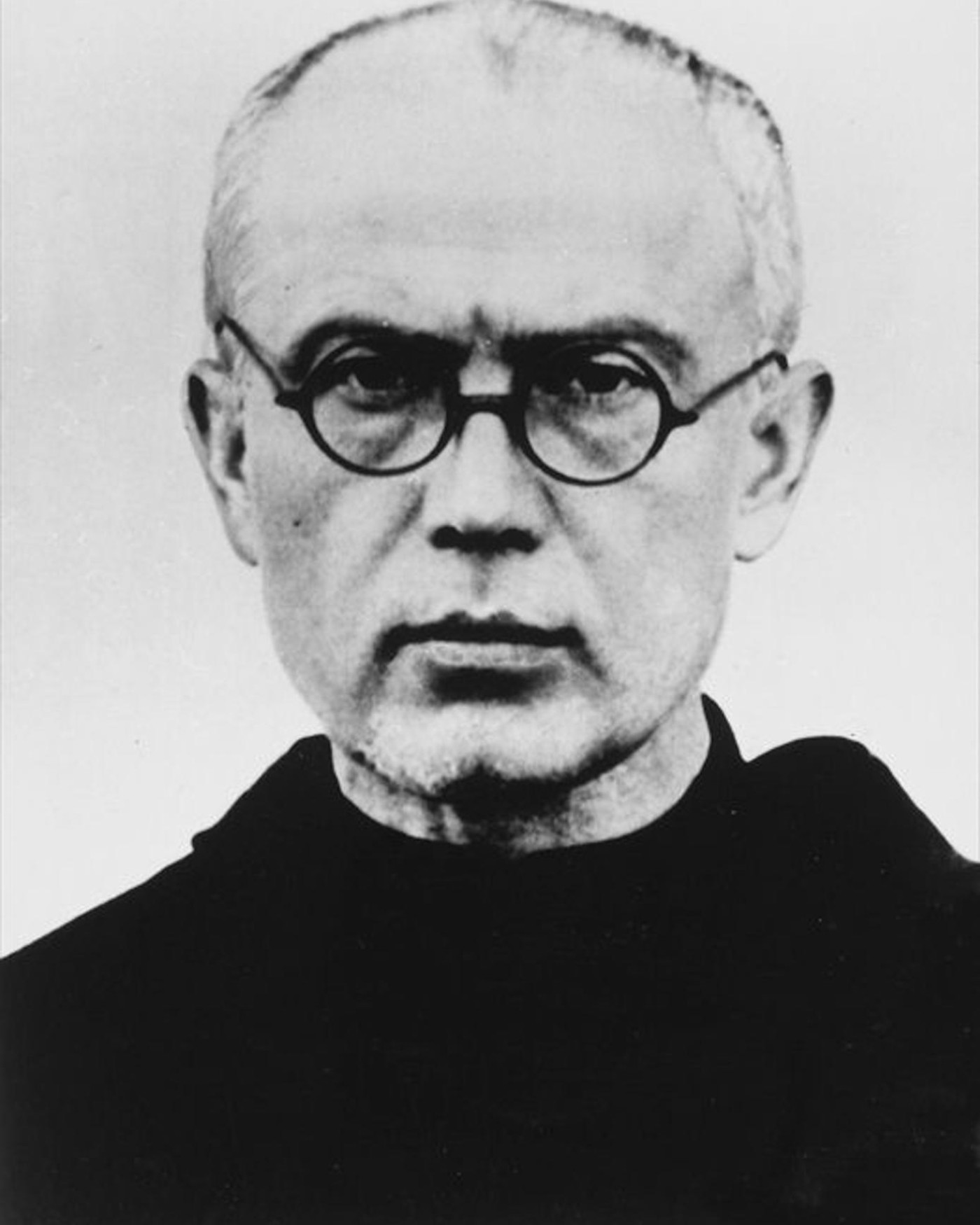
Inspirational Lives


